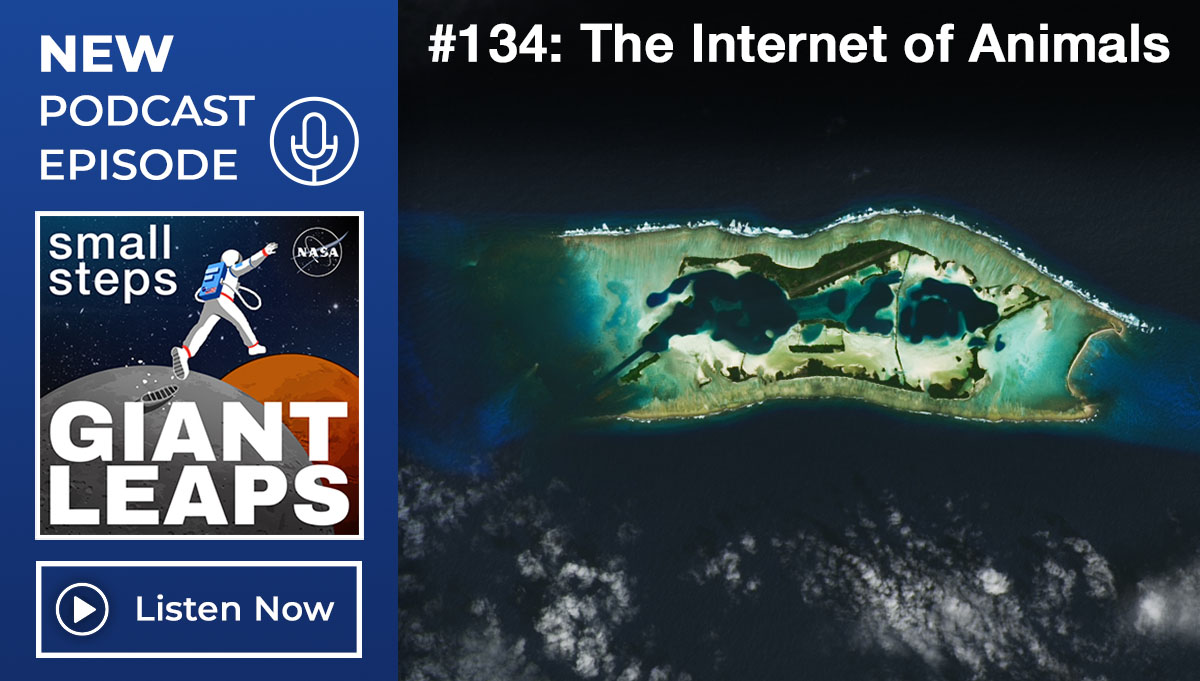By Todd Post
The 2001 Master’s Forum was held at the Doubletree Hotel in Tysons Corner, Virginia, and NASA project managers from every center were on hand. As they introduced themselves, we learned about the variety of work being done at the different centers, the years of experience most of these managers have, and sometimes what signs they were born under. For instance, Dr. Edward Hoffman, Director of the Academy of Program and Project Leadership (APPL) and chief sponsor of the Forum, is a Taurus. So we re many others in the room. Could there be any connection between the success of this year’s Forum and the preponderance of Tauruses who were present?
Say what you will about astrology, but the success of the Forum is no bull. Listen to what some people we re saying.
Dennis Grounds, a Project Manager at Johnson Space Center (JSC), remarked: “It reinforced my observation that NASA has excellent people and excellent project managers.”
Don Margolies, Project Manager at Goddard, wrote: “The synergy is terrific.”
Jackie Green, a Project Manager at the Jet Propulsion Lab (JPL), said: “The presenters provided rich food for thought. I especially enjoy the small group and one-on-one discussions that the meeting allows. The small group/one-on-one discussions provided the opportunity for real digging into the details and analyzing each person’s thoughts and solutions. They provided that time for reflection that is crucial for growth. The Forum also provided time and opportunity for mentoring. To learn of experiences of managers across NASA and other agencies is invaluable.”
Craig Lawrence, a non-NASA participant from IDEO, wrote: “I had an incredible experience at the Forum. Thank you very much for allowing me to attend. As an outsider to NASA, I was very apprehensive about how I would be received, and whether or not I could contribute. Well, I was blown away by the kindness and openness of everyone involved. I thought the content was very relevant to me and to my work at IDEO. The issues you face at NASA are universal, and I think it is wise of you to address them in this format, and wise to include outsiders such as myself. The idea of storytelling is very powerful, and the stories we re great. Even when they weren’t applicable to me, they were still entertaining and interesting. I plan to suggest a similar event at IDEO.”
Context is Key
The buzzword at this year’s Forum was context. Chris Turner raised the subject during her keynote address the first night, asking participants, “Does being in a drab looking store make you want to shop there?” Turner’s argument, that context “is about transforming stale corporate environments into learning spaces–it is believing in the capacity humans have for making imaginative breakthroughs–it is about creating learners and inquirers–it is about practicing improvisation,” is discussed in more detail in her book, All Hat and No Cattle. Read a review by Michelle Collins in our last issue.
The first night, along with Turner’s address, there was an hour-long presentation by four team members who worked on the Pathfinder solar-powered airplane as part of the Environmental Research and Sensor Project (ERAST). The ERAST program has since morphed to include new projects and new managers. Presently, the bestknown ERAST project is the Helios solar-powered aircraft, which nearly scraped through the stratosphere this summer, approaching a height of 100,000 feet.
Jenny Baer-Riedhart was the ERAST Program Manager in the mid 90s. She introduced the presentation, telling us how ERAST has evolved, and then handed off to Ray Morgan, formerly a Project Manager of Aero Vironment. Aero Vironment is the company which designed and flew the Pathfinder. Morgan then handed off to Jeff Bauer of Dryden Research and Flight Center, who handed off to Dougal Maclise of Ames Research Center. They all reiterated Baer-Riedhart’s main point that it was the teamwork between NASA and the contractor, Aero Vironment, which made this alliance work and allowed the Pathfinder project to soar. Harking back to what Turner was saying, they made it clear that it was the context of openness and cooperation created by the Program and Project Managers that empowered everyone to stretch beyond the limits of what they thought they we re capable of doing.
The Pathfinder presentation and Chris Turner’s speech set a high standard on the first night. Next morning’s presenters woke up ready to meet the challenge. The day began with a presentation by Alex Laufer, who talked about the need for two types of practices, standard ‘best’ practices and unique practices. See his column in this issue for more about this duality.
In the first block of presentations by Project Managers, we heard from Charlie Stegemoeller of JSC and Marty Davis of Goddard, both of whose presentations originated as stories in previous issues of ASK. Sam Thurmon of JPL also spoke in this first block, and we hope soon to turn his talk into a story for an upcoming issue of ASK. Perhaps it is unfair to say so little about any of the individual presentations, but there is not enough room here to cover all of them adequately. If I may indulge myself about one, however, I would like to say a few words about Michael Hecht’s because I think it offers some concise insights into the entire agenda.
Successful Projects Mean People Working Together







